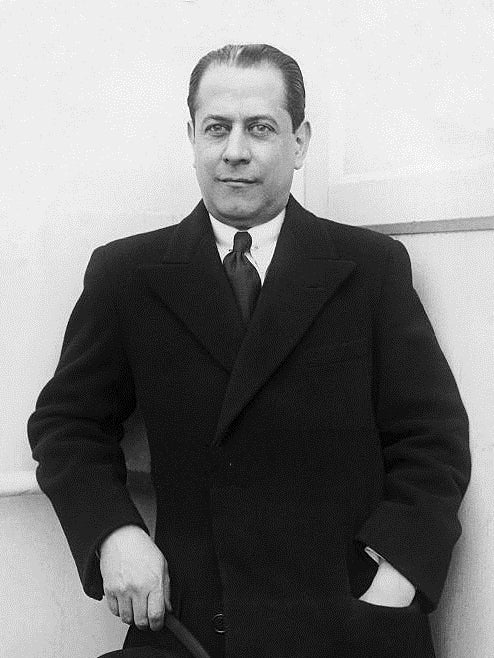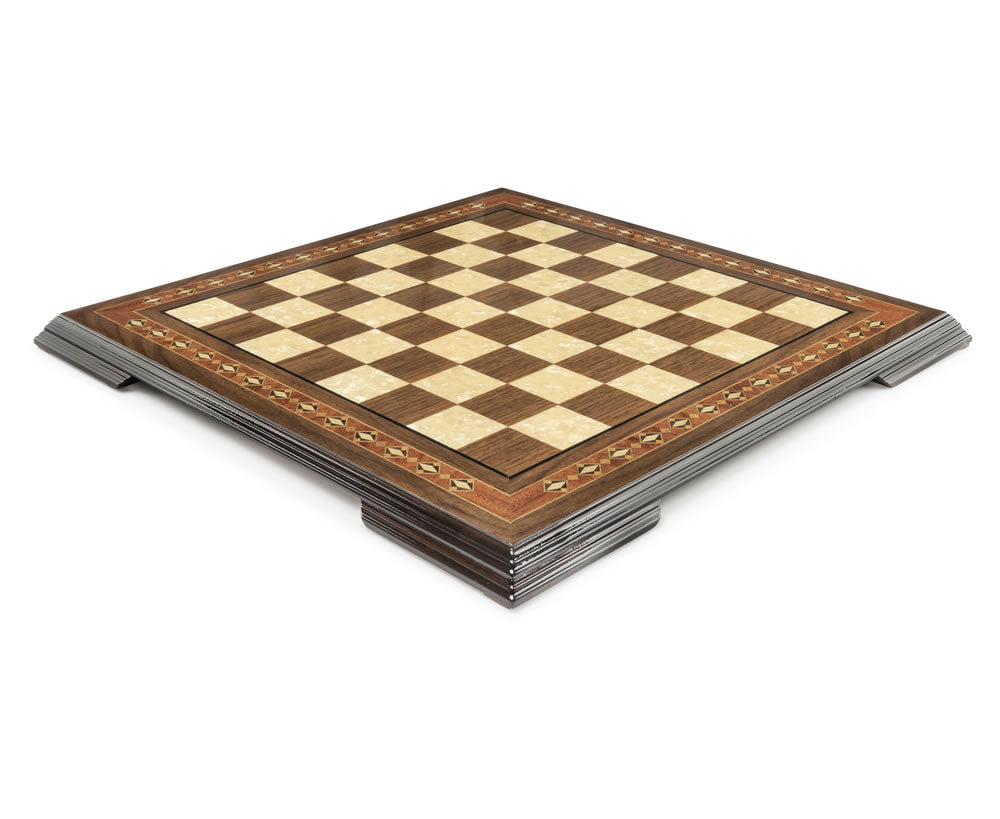Botvinnik's Blossoming Brilliancy
The Chess Game: Botvinnik vs Capablanca, Rotterdam 1938

- Fist we notice: Nimzo-Indian Defense: Normal Line.
- Let's observe a match between two chess legends: Botvinnik and Capablanca.
- The undisputed masters of the game will give you a run for your money as you try and predict the next move and come up with your own.
- This game in The Netherlands will forever be remebered as one of histories most exiciting chess matches.
Who Was Jose Raul Capablanca
-
José Raúl Capablanca y Graupera (19 November 1888 – 8 March 1942) was a Cuban chess player who was world chess champion from 1921 to 1927.
-
A chess prodigy, he is widely renowned for his exceptional endgame skill and speed of play.
-
Capablanca was born in 1888 in Havana. He beat Cuban champion Juan Corzo in a match on 17 November 1901, two days before his 13th birthday.
-
His victory over Frank Marshall in a 1909 match earned him an invitation to the 1911 San Sebastian tournament, which he won ahead of players such as Akiba Rubinstein, Aron Nimzowitsch and Siegbert Tarrasch.
-
Over the next several years, Capablanca had a strong series of tournament results. After several unsuccessful attempts to arrange a match with then world champion Emanuel Lasker, Capablanca finally won the world chess champion title from Lasker in 1921.

- Capablanca was undefeated from 10 February 1916 to 21 March 1924, a period that included the world championship match with Lasker.
- Capablanca lost the title in 1927 to Alexander Alekhine, who had never beaten Capablanca before the match. Following unsuccessful attempts to arrange a rematch over many years, relations between them became bitter. Capablanca continued his excellent tournament results in this period but withdrew from serious chess in 1931.
- He made a comeback in 1934, with good results, but also showed symptoms of high blood pressure.
- He died in 1942 of a brain hemorrhage.
Who Was Mikhail Botvinnik: Another Game And Information
-
Mikhail Moiseyevich Botvinnik (August 17 [O.S. August 4] 1911 – May 5, 1995) was a Soviet and Russian chess grandmaster.
-
The sixth World Chess Champion, Botvinnik also worked as an electrical engineer and computer scientist and was a pioneer in computer chess.
-
Botvinnik was the first world-class player to develop within the Soviet Union. Botvinnik also played a major role in the organization of chess, making a significant contribution to the design of the World Chess Championship system after World War II and becoming a leading member of the coaching system that enabled the Soviet Union to dominate top-class chess during that time.
-
Botvinnik's pupils include World Champions Anatoly Karpov, Garry Kasparov and Vladimir Kramnik.

-
In autumn 1923, at the age of twelve, Botvinnik was taught chess by a school friend of his older brother, using a home-made set, and instantly fell in love with the game.
-
Botvinnik finished in mid-table in the school championship, sought advice from another of his brother's friends, and concluded that for him it was better to think out "concrete concepts" and then derive general principles from these – and went on to beat his brother's friend quite easily. In winter 1924, Botvinnik won his school's championship, and exaggerated his age by three years in order to become a member of the Petrograd Chess Assembly – to which its president turned a blind eye.
-
Botvinnik won his first two tournaments organized by the Assembly. Shortly afterwards, Nikolai Krylenko, a devoted chess player and leading member of the Soviet legal system who later organized Joseph Stalin's show trials, began building a huge nationwide chess organization, and the Assembly was replaced by a club in the city's Palace of Labour.
Start having chess fun with Chess Universe today!












Botvinniki dont like him particularly but the way he do defense is quite admirable. I learn things from him. However, i better like capablanca, one that really sticks to my mind is pawn moving or importance of pawns